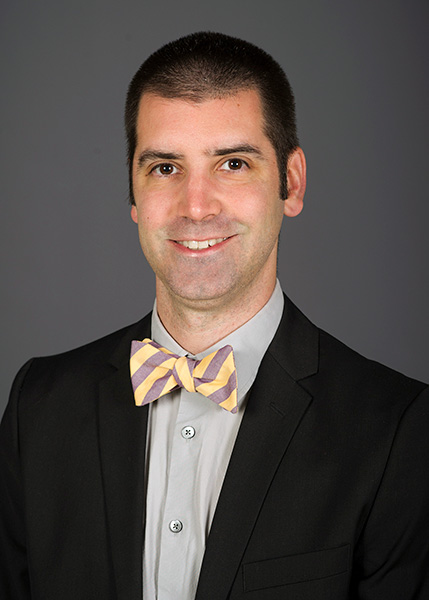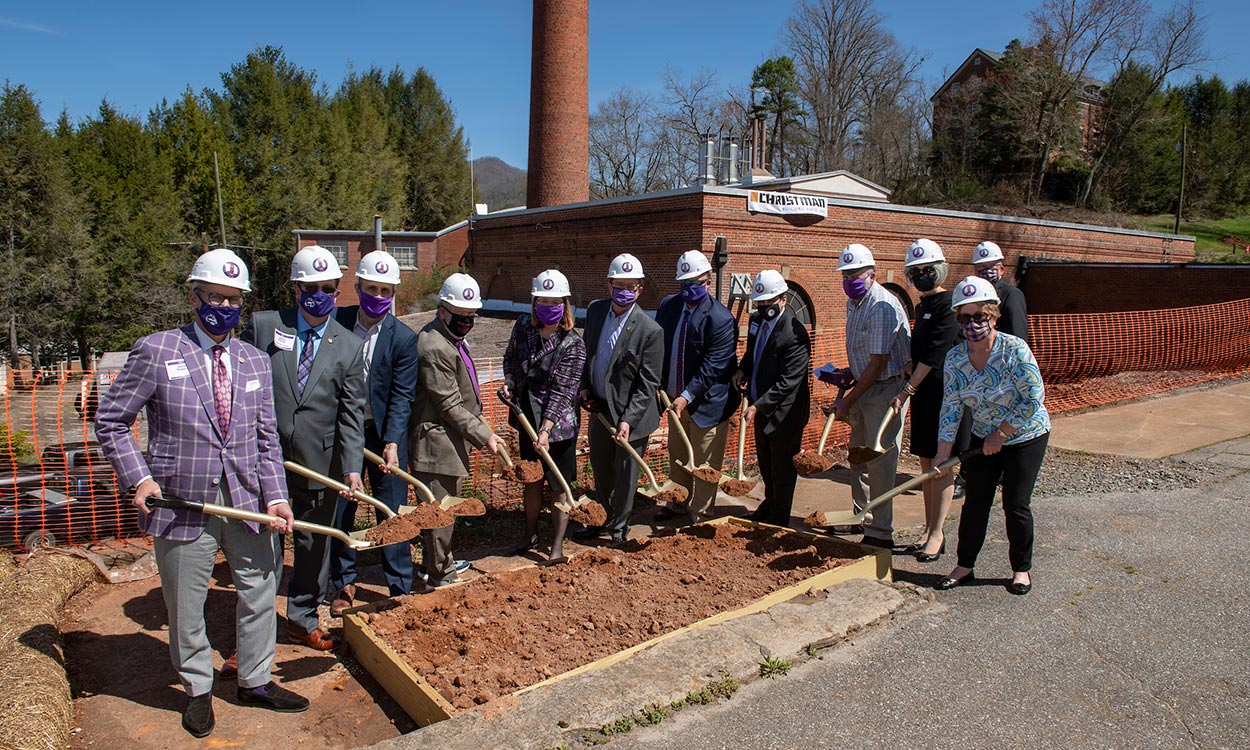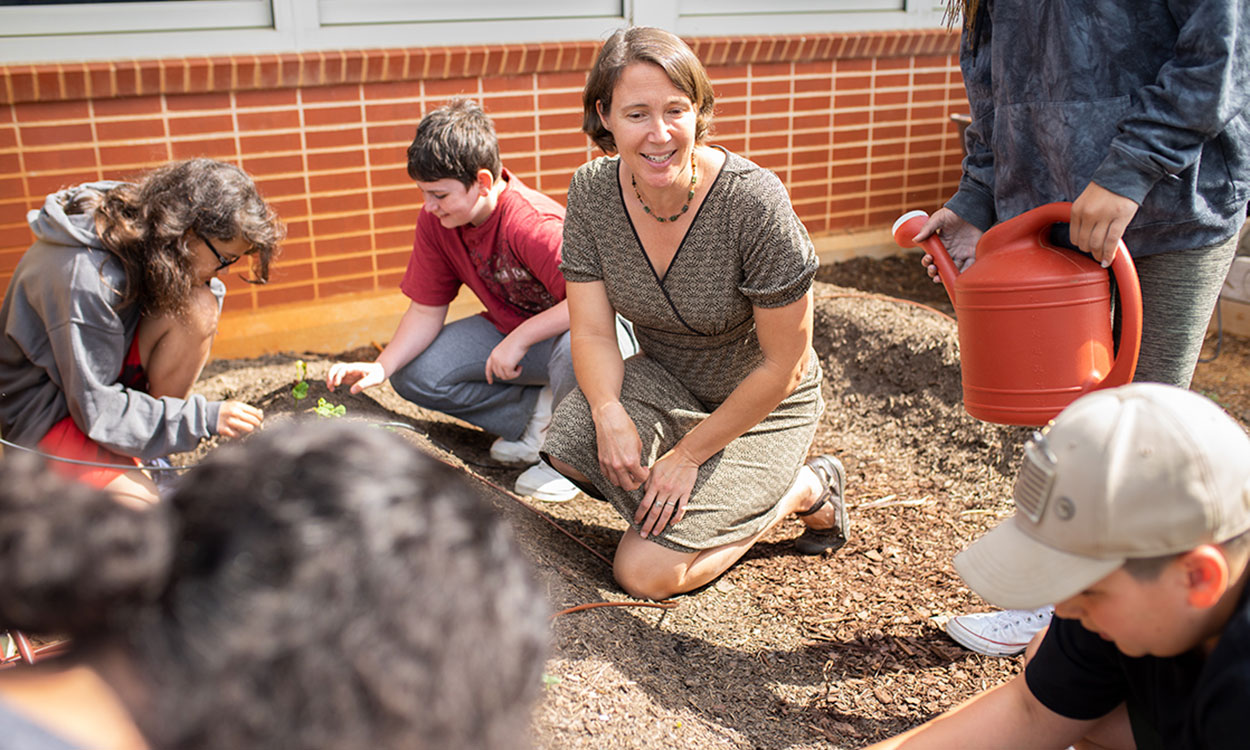WCU program director reviews effects of the pandemic on EMS workers
A “new normal” emerged during the pandemic, but what about frontline workers like first responders, emergency medical services technicians and paramedics who routinely work beyond the normal?
Responding to individual medical crises and trauma, tornadoes, auto accidents, house fires and floods, are routine aspects of the job. Jackson Déziel, an assistant professor and director of the Emergency Medical Care Program at Western Carolina University, has published a review that examines how the pandemic has affected pre-hospital health care practitioners.

Jackson Deziel
North Carolina has some 27,000 EMTs and 10,000 paramedics, all with a regular schedule of training and instruction. Déziel’s review found that of nearly 3,700 available educational offerings from various federal agencies, 76 percent of hazard-specific coursework was directly related to chemical, biological, radiological, nuclear and explosive response. While biological topics are available, most relate to Ebola and Zika viruses.
“The COVID-19 pandemic has taxed EMS resources and basic incident management training to the max,” said Déziel. “In response, the state EMS office, under the North Carolina Department of Health and Human Services, has temporarily relaxed a few regulations regarding practice and education. Many temporary measures put in place by the state office could easily be made permanent without negative consequences - and would likely encourage innovation within the industry.”
A Center for the Study of Free Enterprise faculty affiliate, Déziel said he hoped the study, along with international research, will lead to an effective change for local, regional and national policy.
One suggestion, drawing from his research, would be for North Carolina to adapt legislation for joining a multistate EMS personnel licensure compact that extends to individuals a privilege to practice in other member states under authorized circumstances under their home state EMS license.
Locally, Déziel said he would like to see an increase in community paramedics to serve underrepresented populations of the mountain region.


